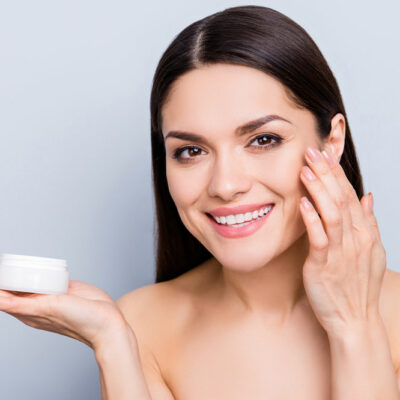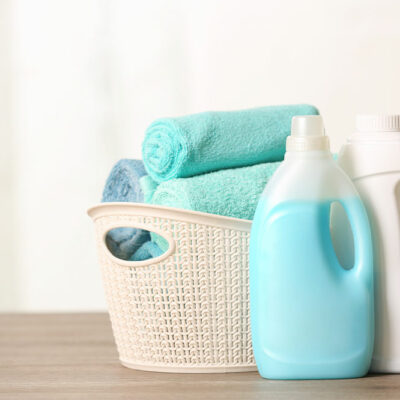
Fight atopic dermatitis with these home remedies
Atopic dermatitis is a skin disorder that affects nearly 30% of people in the country. This disease causes inflammation in the skin, making it appear dry and itchy. For many people, this chronic condition can seem challenging to manage. However, various home remedies have proven effective in combating this disorder. Keep reading to learn more about some treatments you can use from the comforts of your home to reduce eczema flare-ups. Aloe vera People have used aloe vera for centuries to cure skin conditions like atopic dermatitis. Studies indicate that aloe vera gel has many natural benefits, such as strengthening the immune system and helping heal wounds. Aloe vera’s antibacterial and antimicrobial properties help prevent infections in dry, cracked skin. Opt for natural aloe vera gel instead of over-the-counter alternatives to avoid irritating chemicals. Apple cider vinegar People with skin diseases like atopic dermatitis find relief from their symptoms by trying the ancient remedy of apple cider vinegar. According to experts, apple cider vinegar can help manage this condition by helping the skin restore its acidity levels. Applied directly to the affected area or diluted with water and applied through a cotton pad on your skin, apple cider vinegar can help restore balance to troubled skin and reduce inflammation.
Read Article 









